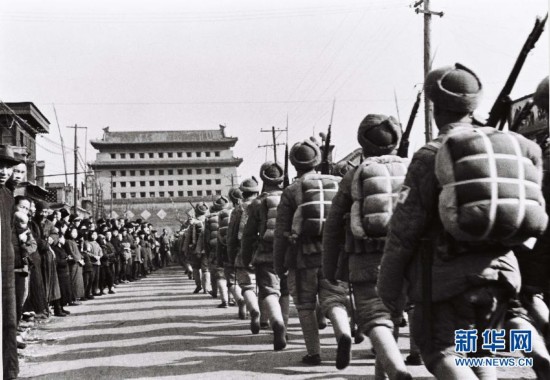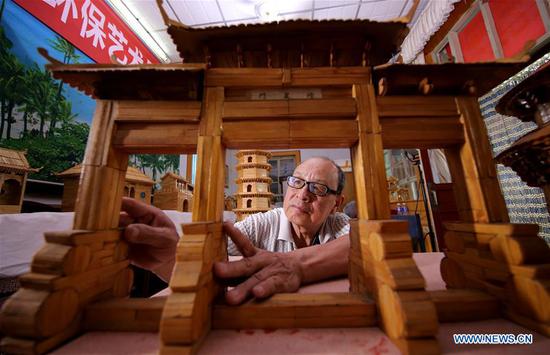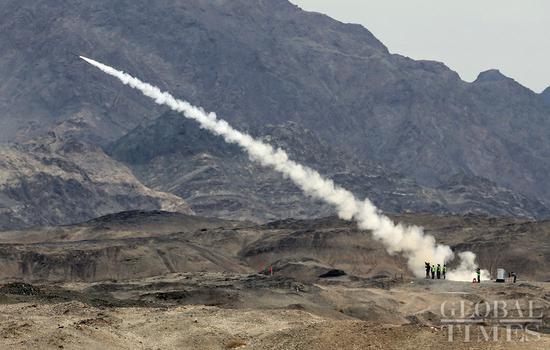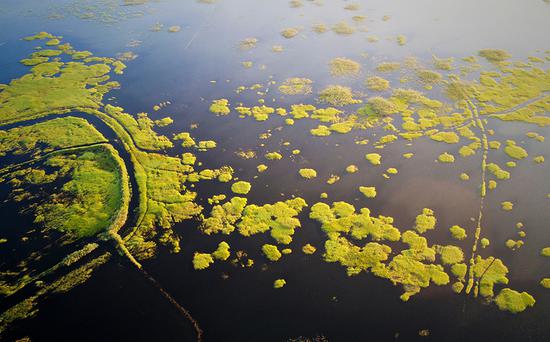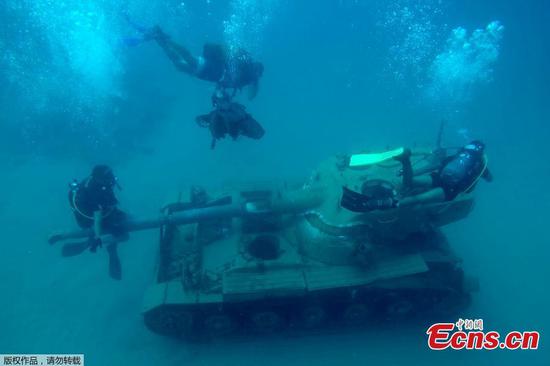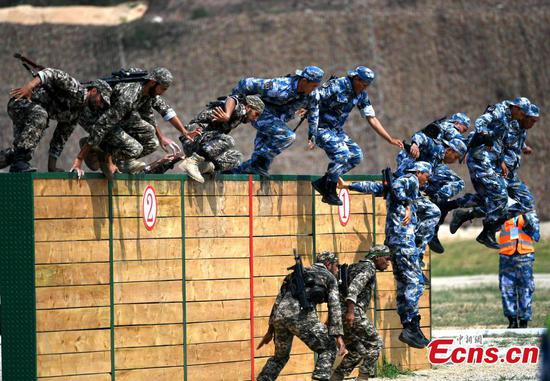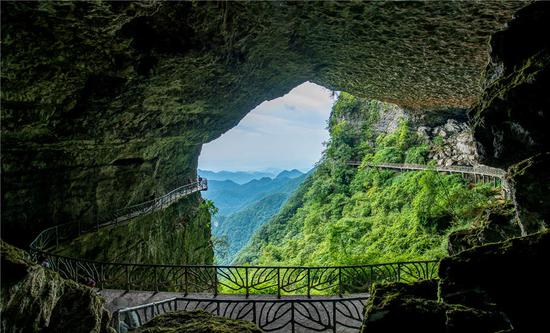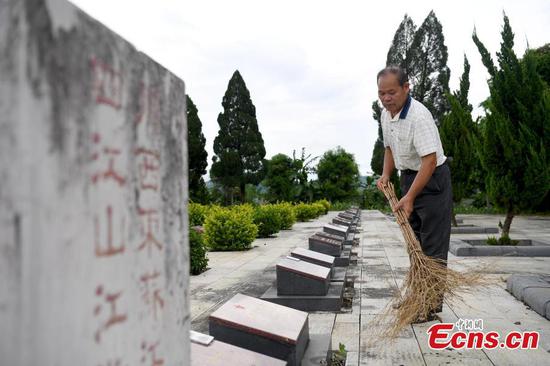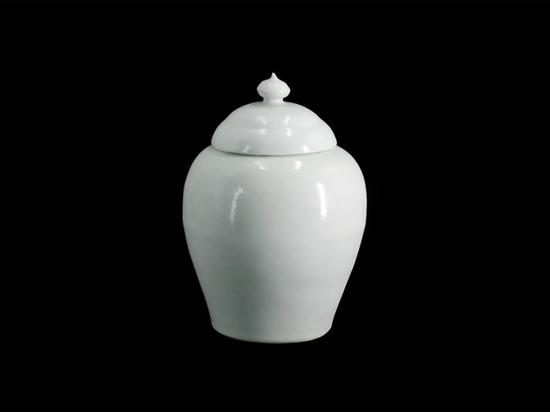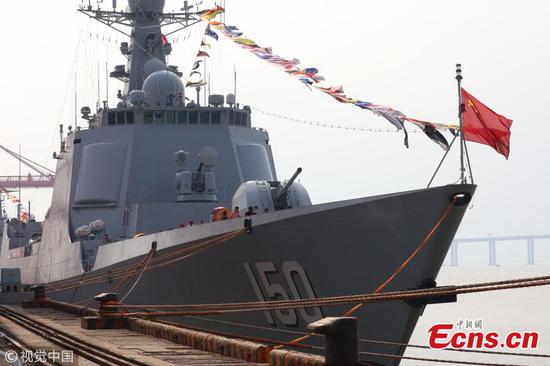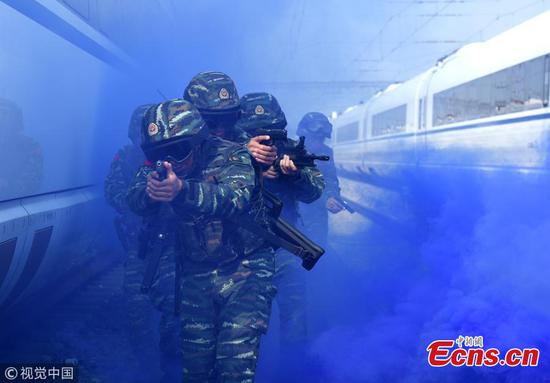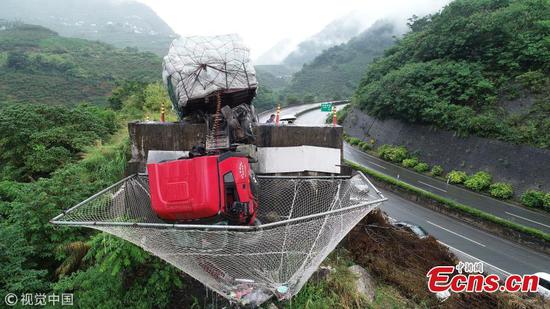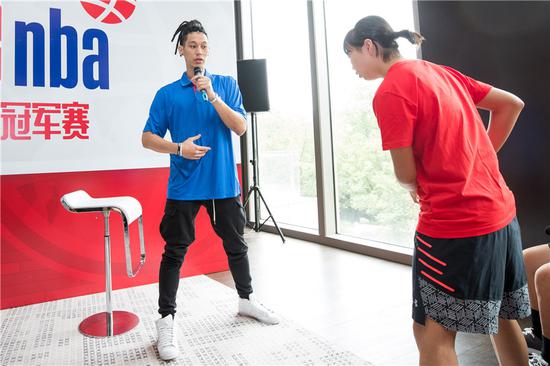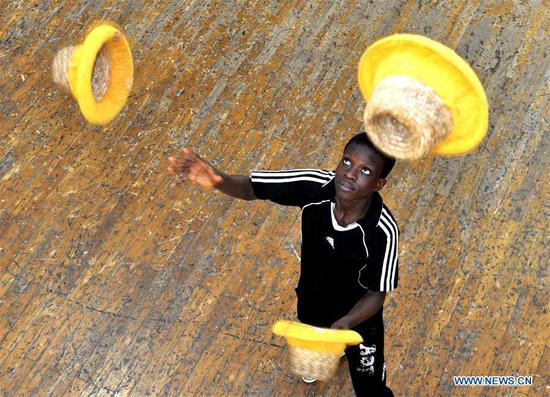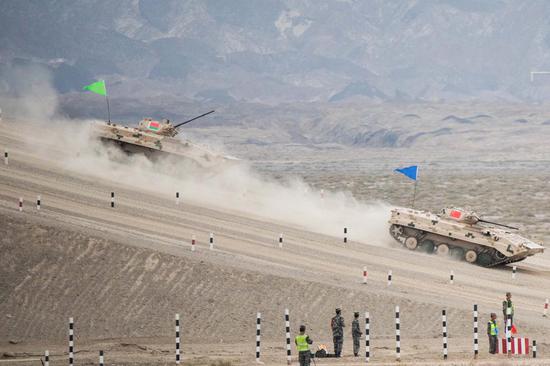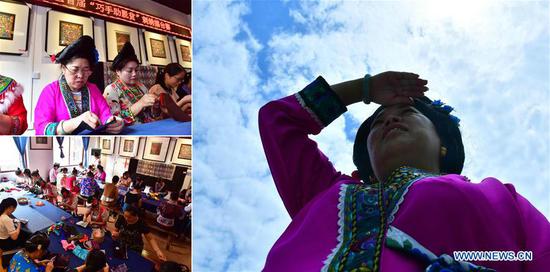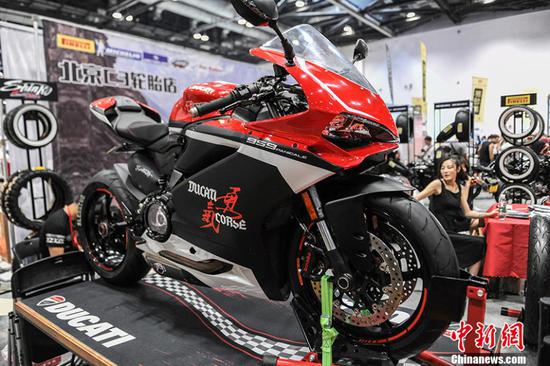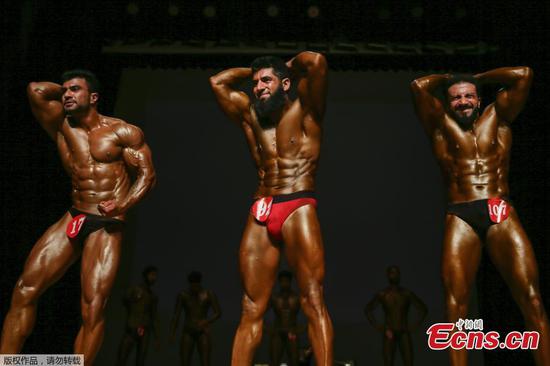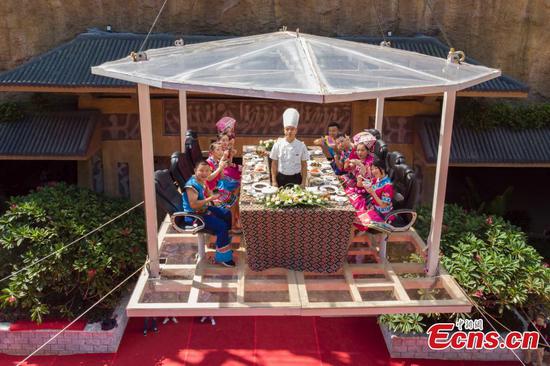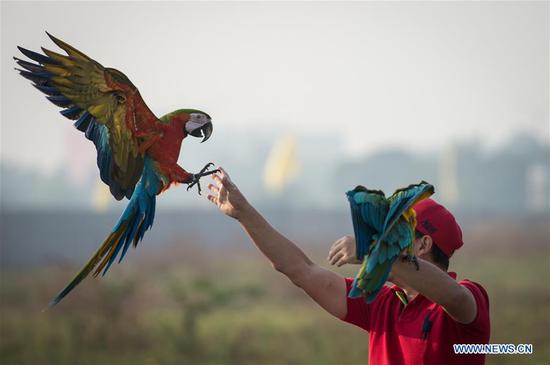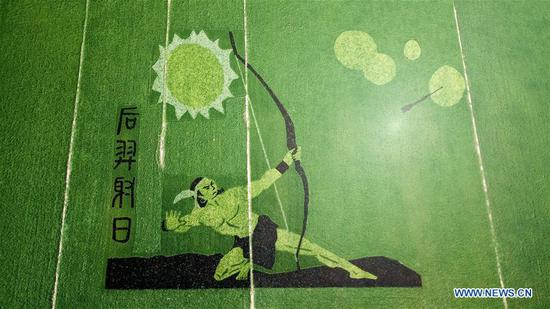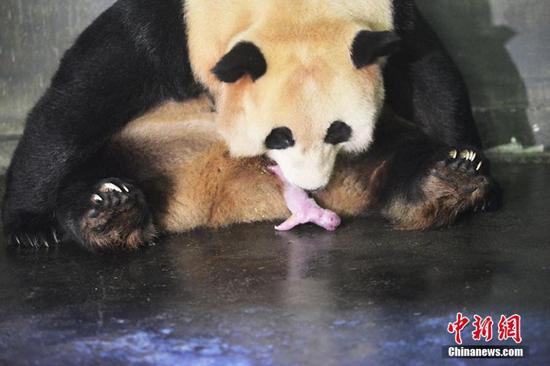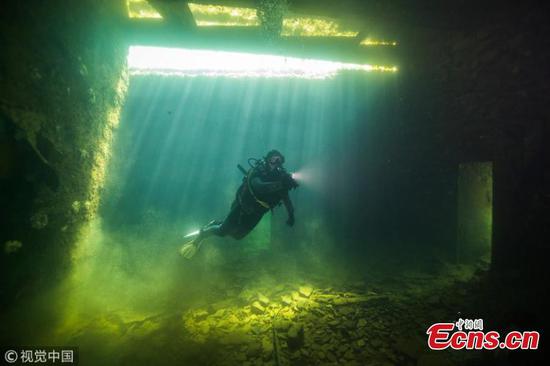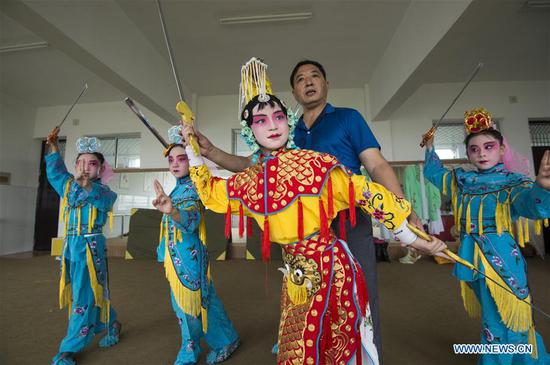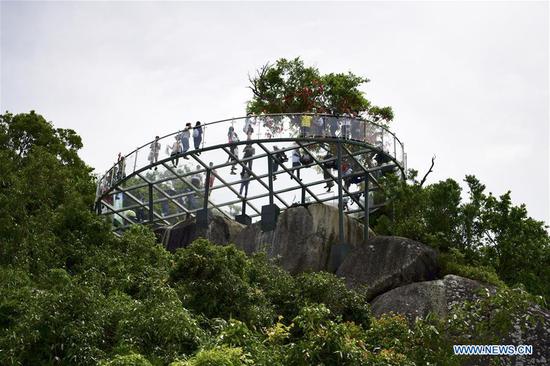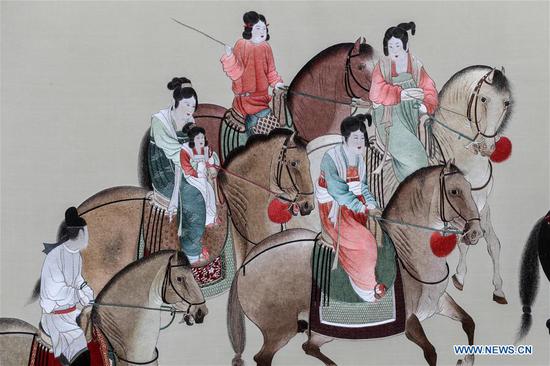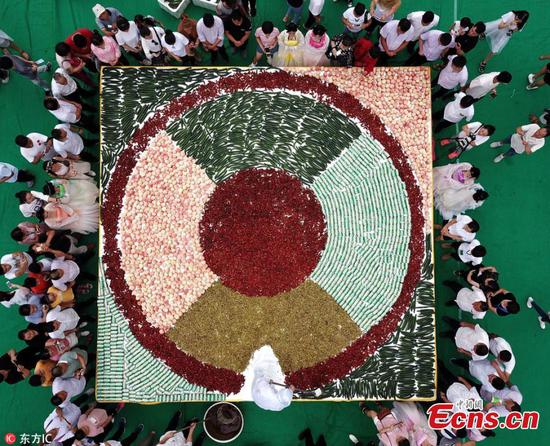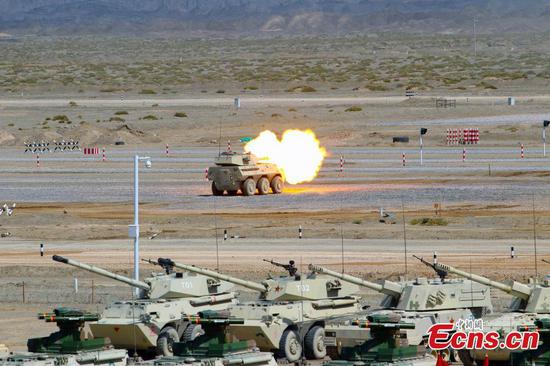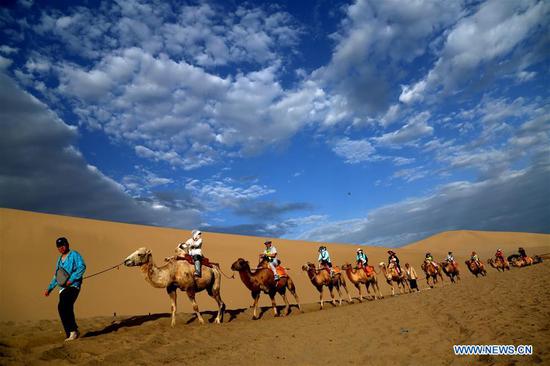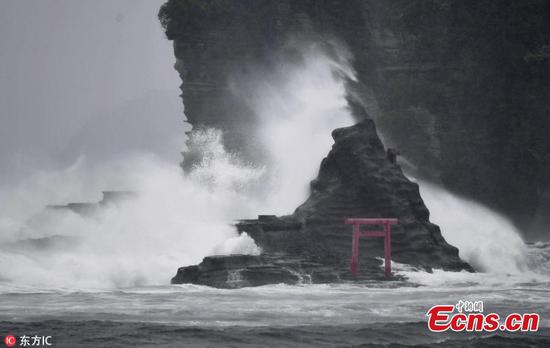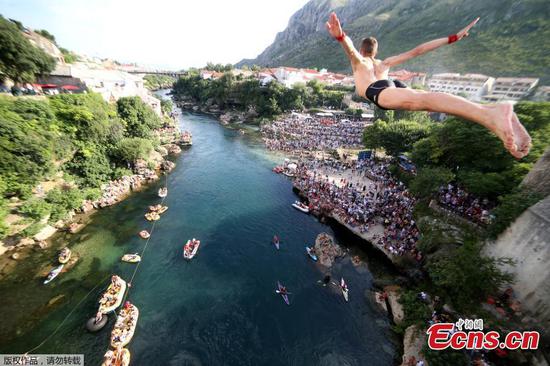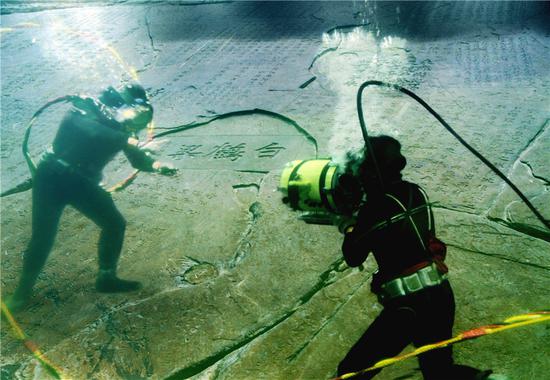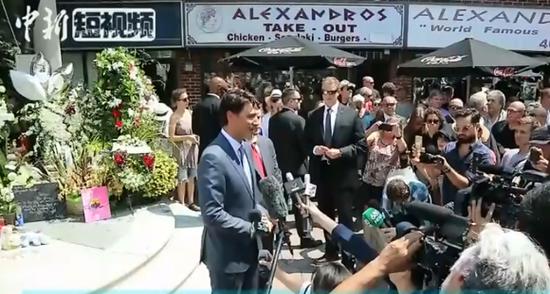Japanese and Russian foreign and defense ministers held their third "2+2" meeting in Moscow on Tuesday, with Russian Foreign Minister Sergey Lavrov and Defense Minister Sergey Shoygu hosting their Japanese counterparts Taro Kono and Itsunori Onodera.
The two sides discussed bilateral cooperation in economy and security as well as international issues.
The last "2+2" meeting took place in March last year, with the first one held in 2013 just before the outbreak of the Ukrainian crisis.
Ties between Japan and Russia have become much closer in the past few years, especially under Shinzo Abe's leadership, said James D.J. Brown, associate professor of political science at Temple University Japan.
However, a few areas of disagreement remain, Brown argued, with missile defense being one of the most prominent issues.
Japan said Monday it would spend some 4.2 billion US dollars on installing and operating US radar systems.
Last December, Tokyo decided to expand its ballistic missile defense system to include US-made ground-based Aegis radar stations and missile interceptors. The decision was met with criticism from the Russian Foreign Ministry, which said the move will hurt bilateral relations.
Brown noted that Japan’s perspective on the missile defense system is entirely defensive and exclusively directed towards the Democratic People's Republic of Korea (DPRK), but Moscow believes Japan would not have full control of it and its threats to Russia.
Another issue is that of the DPRK. Brown noted that while Japan maintains strong pressure and sanctions on Pyongyang, Russia is in favor of a softer approach.
Both sides are also tough on the issue of territorial disputes.
Four islands – which Russia calls the Southern Kurils and Japan calls the Northern Territories – are at the heart of a 60-year-old dispute. The tension is a vestige of World War Two and has become a central element of their relations.









